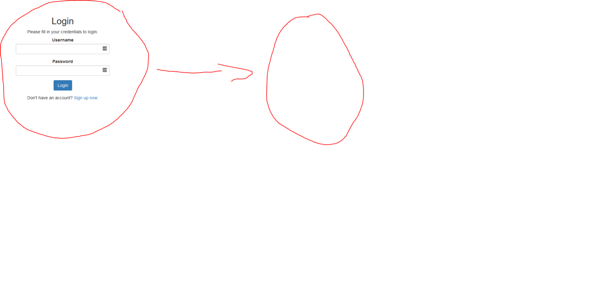C#
var httpClient = new HttpClient();
var values = new Dictionary<string, string>
{
{ "username", UsernameTextBox.Text },
{ "email", EmailTextBox.Text }
};
var content = new FormUrlEncodedContent(values);
var response = await httpClient.PostAsync("http://subdomain.domain.tld/file.php", content);
var responseString = await response.Content.ReadAsStringAsync();
FSCMessageBox.Show(responseString);
PHP
<?php
use PHPMailer\PHPMailer\PHPMailer;
use PHPMailer\PHPMailer\Exception;
require 'PHP/PHPMailer/src/Exception.php';
require 'PHP/PHPMailer/src/PHPMailer.php';
require 'PHP/PHPMailer/src/SMTP.php';
$mail = new PHPMailer(true);
$whitelist = array("...");
$auth = false;
foreach($whitelist as $ip)
{
if($ip == $_SERVER['REMOTE_ADDR']) {$auth = true;}
}
if(!$auth)
{
http_response_code(403);
exit();
}
try
{
$code = "";
for ($i = 0; $i < 8; $i++)
{
$ascii = rand(48, 122);
if ($ascii > 57 && $ascii < 65 || $ascii > 90 && $ascii < 97)
{
$ascii -= 7;
}
$code .= chr($ascii);
}
echo $code;
$mail->SMTPDebug = 2;
$mail->isSMTP();
$mail->Host = "...";
$mail->SMTPAuth = true;
$mail->Username = "...";
$mail->Password = "...";
$mail->SMTPSecure = "tls";
$mail->Port = 587;
$mail->setFrom("...", "...");
$mail->addAddress($_POST['email']);
$mail->isHtml();
$mail->Subject = "Verification Code";
$mail->Body =
"
<h1>Hello, ".$_POST['username']."!</b1>
<h4>Your verification code is ".$code.".</h4>
<p>If you don't know why you received this E-Mail, you can safely ignore and delete it.</p>
";
$mail->send();
http_response_code(200);
}
catch (Exception $e)
{
http_response_code(503);
exit();
}
?>
Ist da ein Fehler? Wenn ich den php code ohne dem Post Request und mit festen Werten ausführe, geht alles. Also muss es doch am c# code liegen, oder?
Wenn ich es mit dem Post Request versuche, wird im Programm eine MessageBox angezeigt, wo einfach garnichts drin steht.
FSCMessageBox.Show(responseString);
Email wird auch nicht verschickt.
Die Daten wie host, username, password, email etc. sind alle richtig, da liegt der Fehler nicht.


